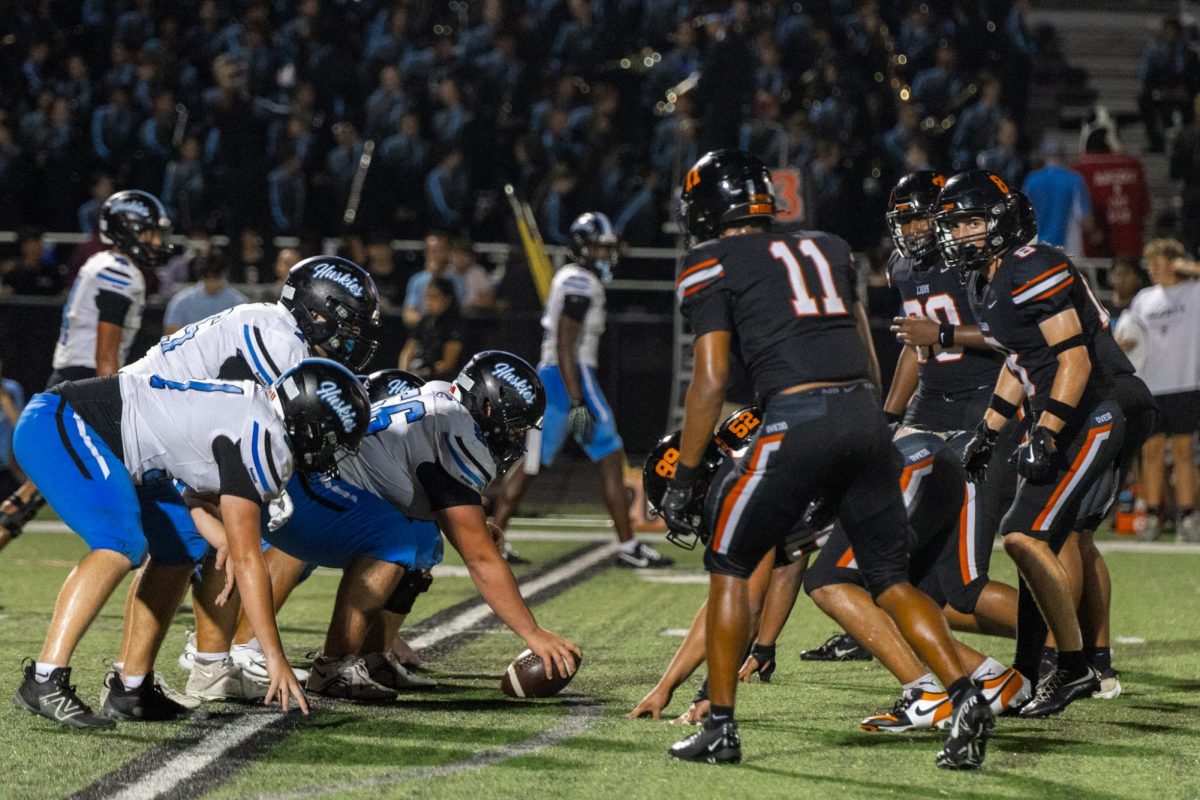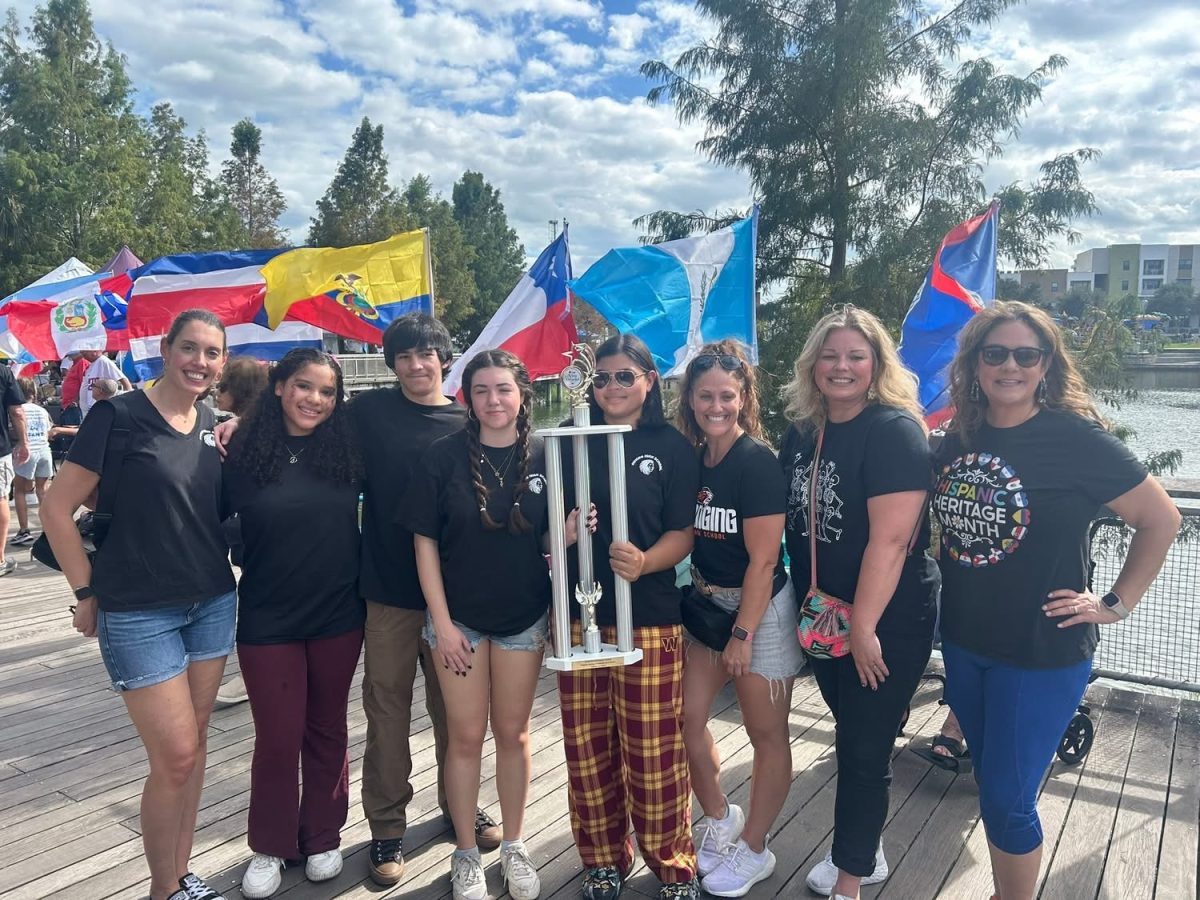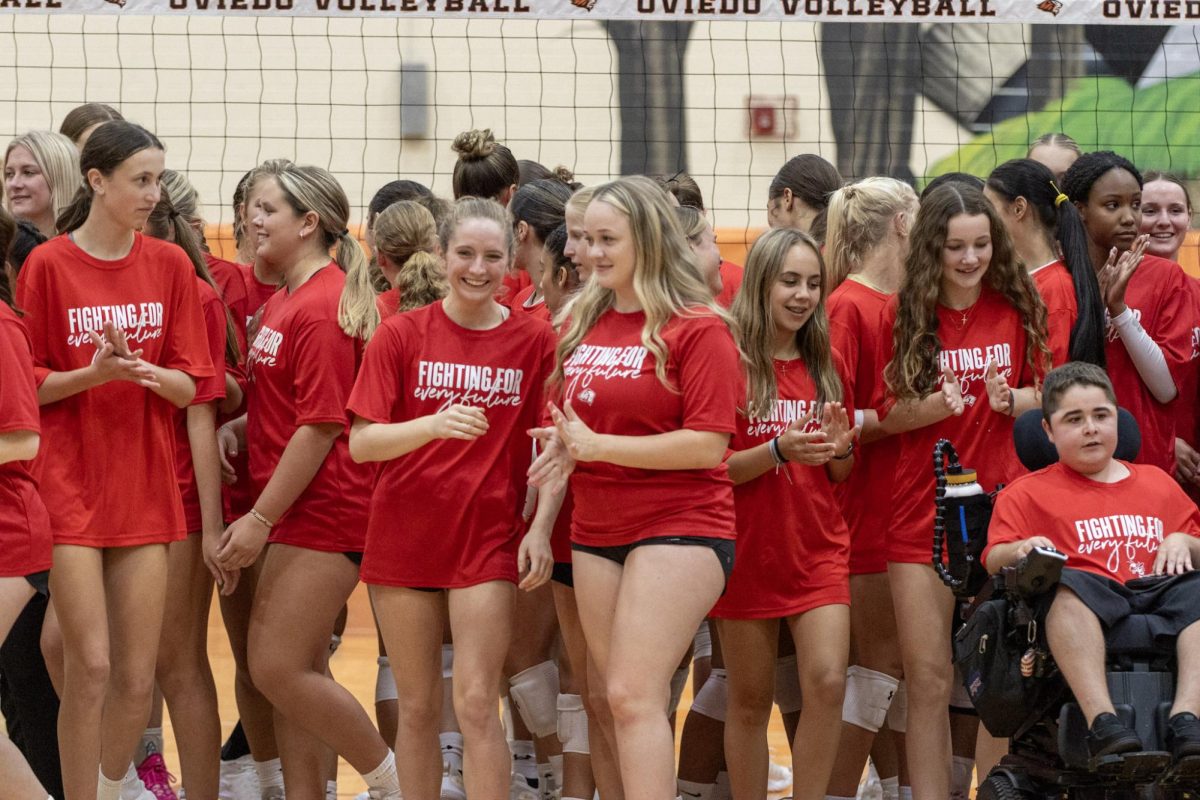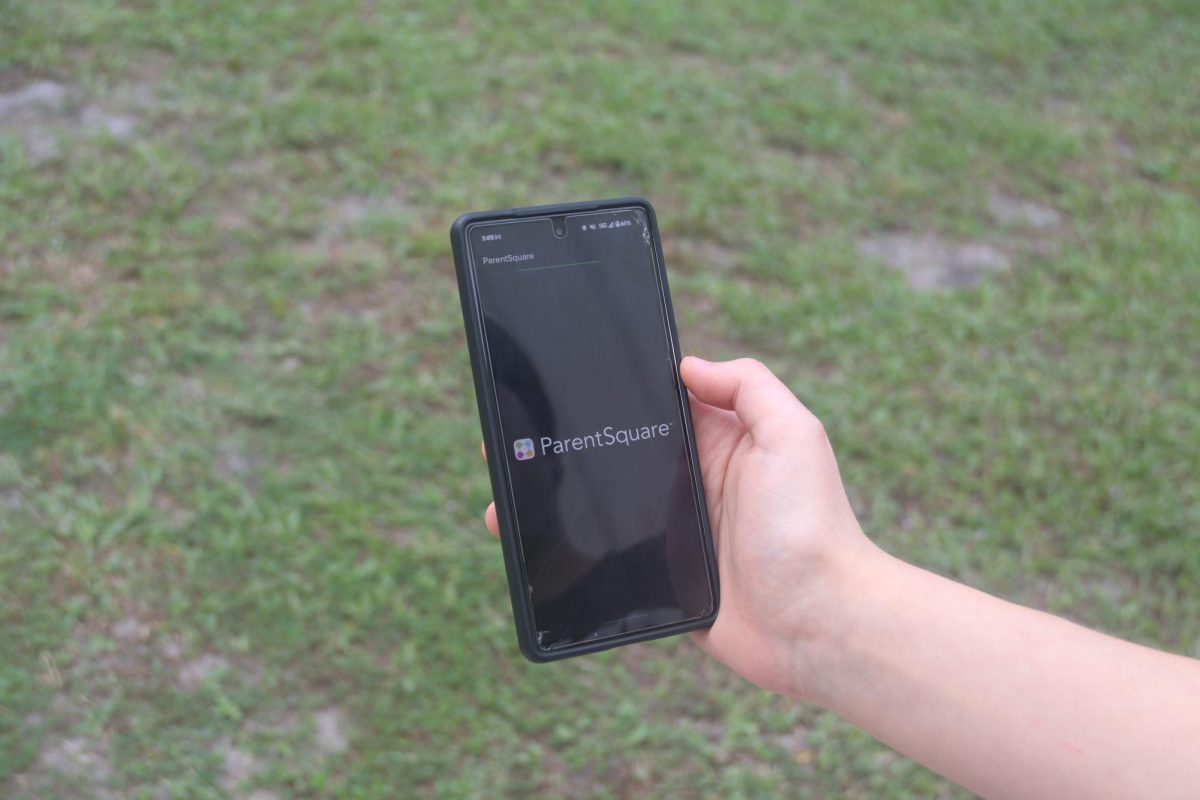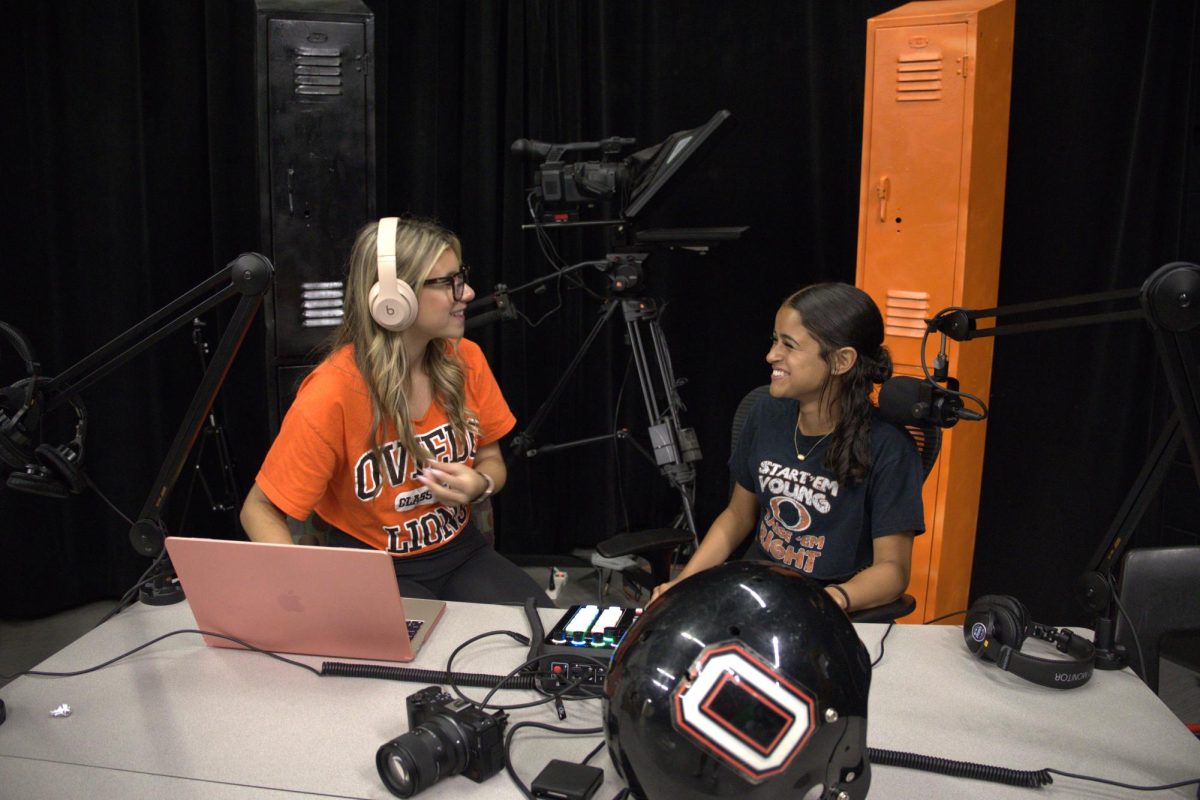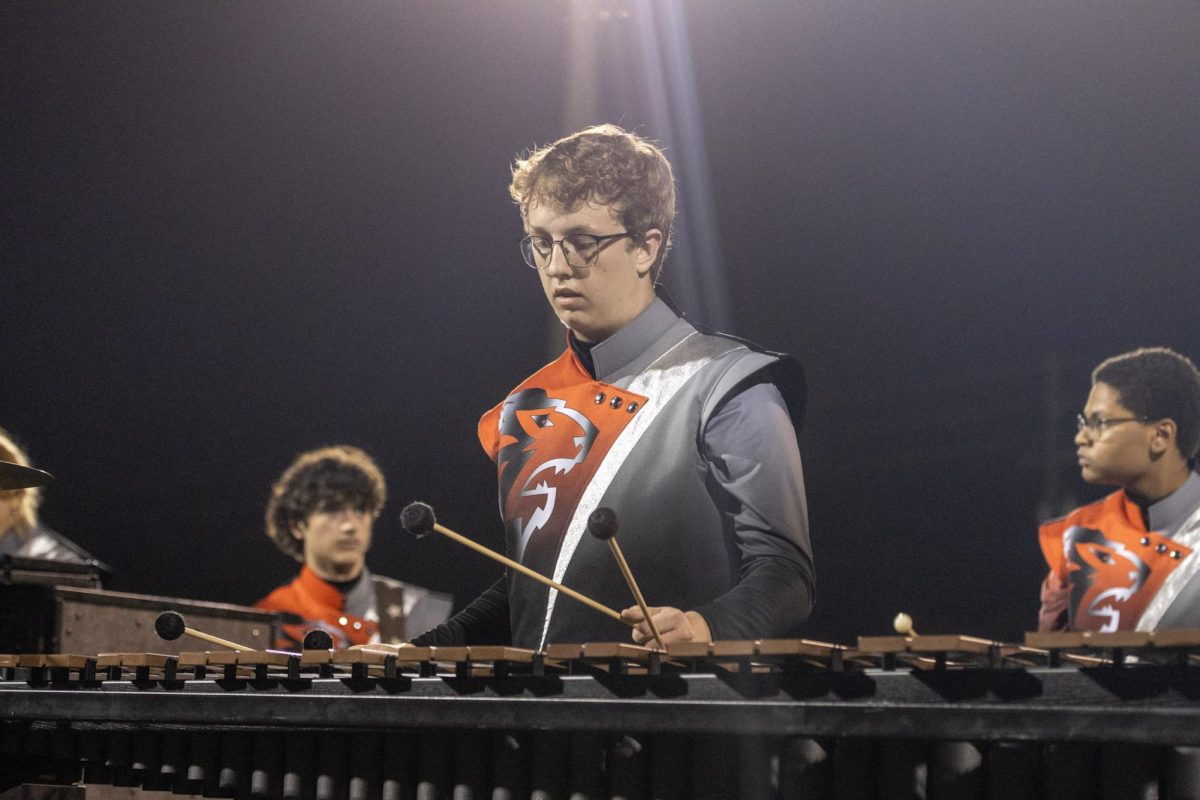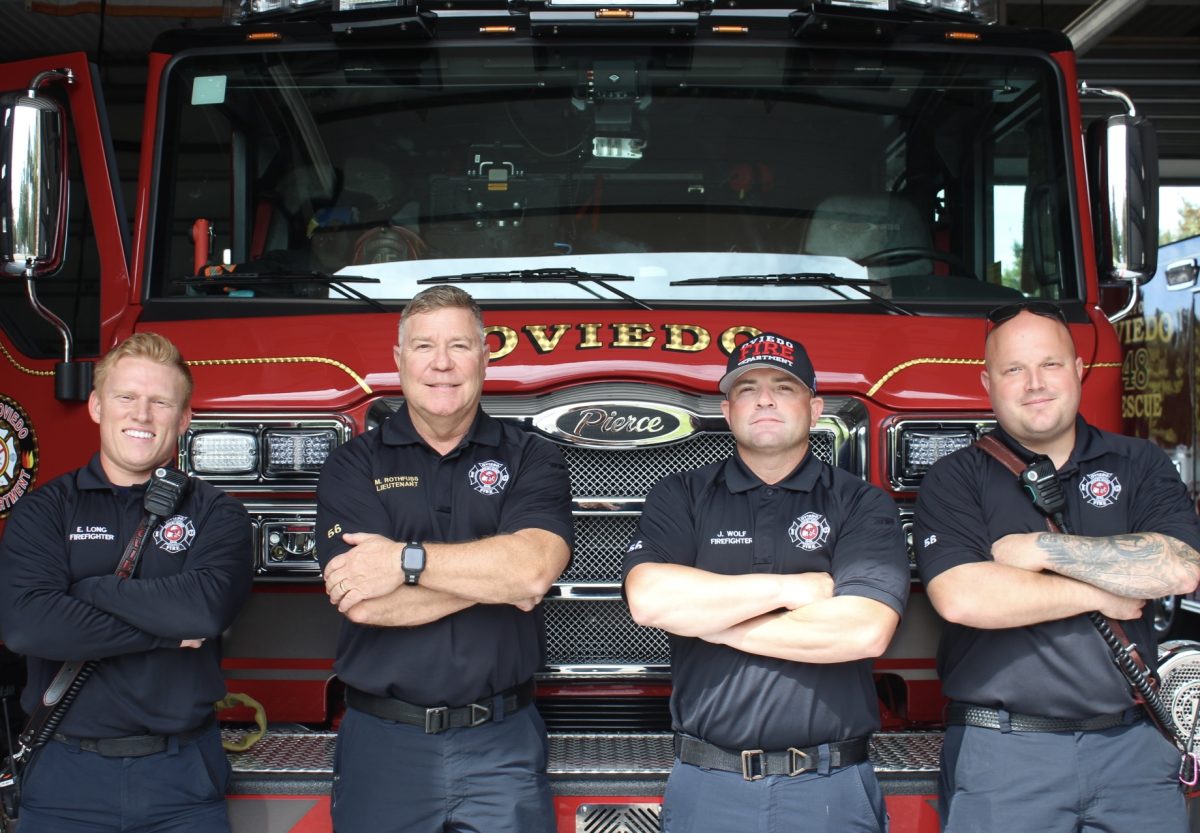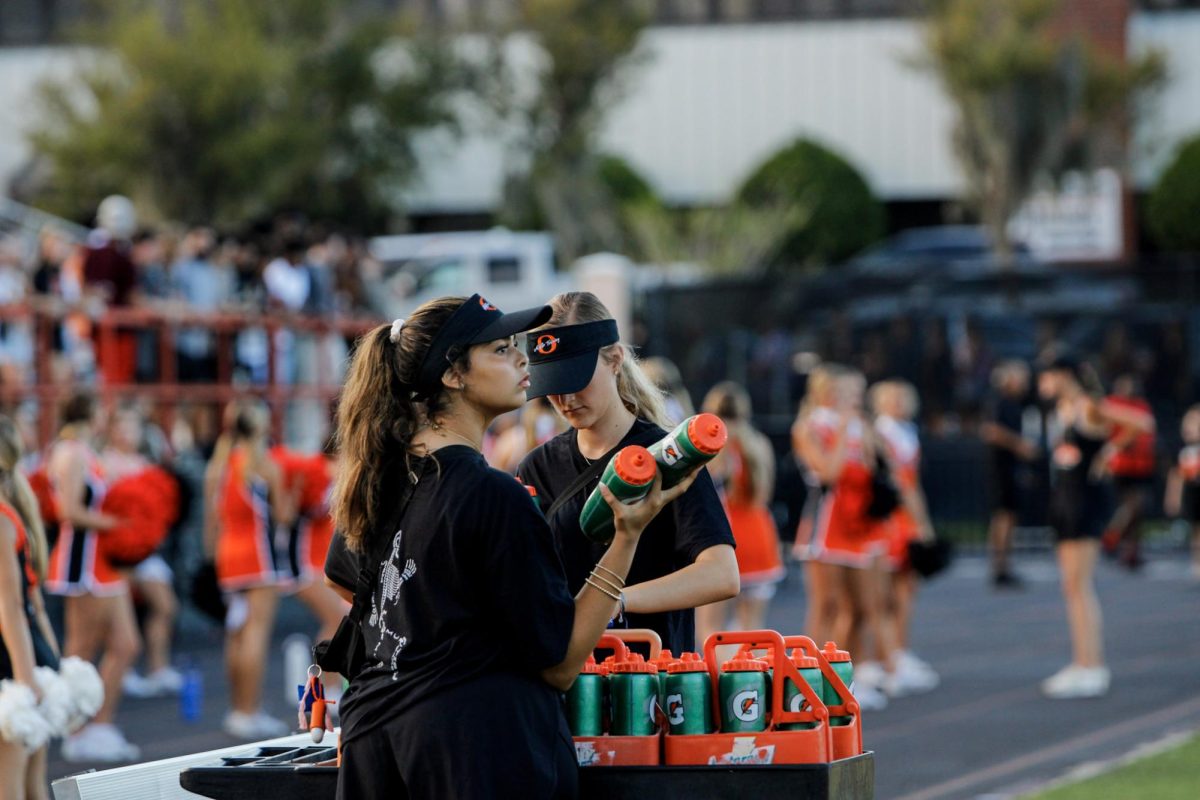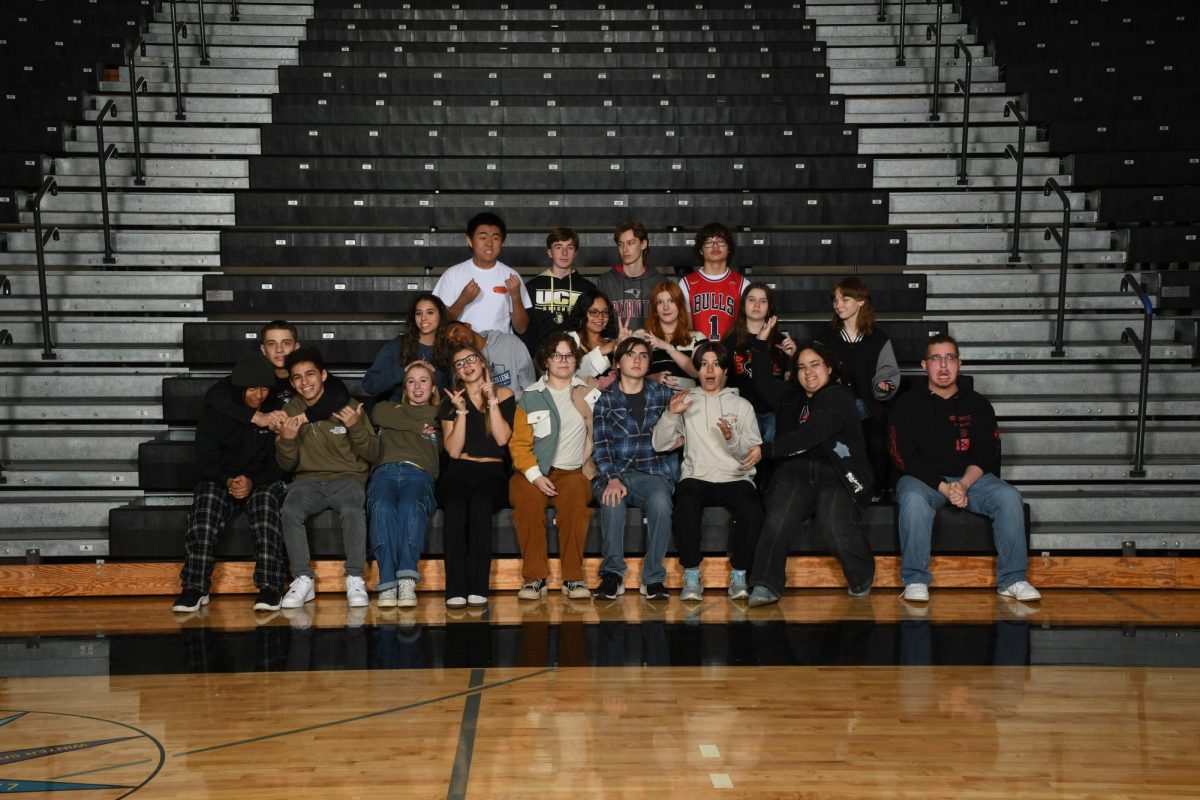The horrors of fast fashion
WEB EXCLUSIVE
Trend cycles seem to speed up every day. New trends come and go, and as they do, people seem to go through an entire update of their closet, buying new clothes, and throwing away old. And buying new clothes is made increasingly easier through stores like Shein. But Shein, among many other mainstream popular brands, including American ones, are not ethical businesses.
Most people know that the fast fashion industry abuses its workers. And most people assume the abuse happens overseas. But contrary to that belief, much of the clothing that bears the “Made in USA” tag was made by an exploited worker in America. With 56.2% of clothes bought being made domestically, this is a problem.
America has two main methods in which they can produce cheap clothing: sweatshop labor and prison labor.
Sweatshop labor is painfully common, especially in Los Angeles – the biggest hub of fashion production in the U.S. Half of the workers are undocumented immigrants, and they face the harshest working conditions compared to the other workers, earning one to three dollars an hour. Not that citizen workers make a significantly higher wage, with the average being three to six dollars an hour.
In the worst cases, LA sweatshop workers get paid per garment piece, earning five to six cents per garment sewn. Undocumented or not, it is incredibly wrong for these workers to be facing such a large pay deficiency in a city where even a fifteen dollar minimum wage isn’t enough to survive humanely.
“85% of LA garment factories commit pay violations.” – US Department of Labor, 2016
That’s just the pay. The physical working conditions of the sweatshops are no better, with health and safety inspections happening close to never.
Just beyond sweatshop labor, there is modern day slavery, prison labor. Many clothing companies and retailers use prison labor, including Target, Victoria’s Secret, J.C. Penney, Macy’s, and Nordstrom Rack.
In Florida, inmates at correctional facilities earn between 20 cents and 55 cents with some earning nothing at all. America has some of the highest incarceration rates in the world, mostly due to the extreme amount of arrests committed attributed to petty and nonviolent crimes. All these people who get arrested then become part of the silent workforce.
Prisoners work to make money to send back to family, or to pay for their phone bill (that the prison charges them for), or pay basic necessities like a bed and a cell. Federal prisons in Florida charge their prisoners for their stay. There is the illusion that the work is voluntary, but that is not always the case. In many prisons, not doing prison labor gets you punished – most commonly in the form of solitary confinement, all because prisons and companies need these laborers to make cheap clothing.
Both prisoners and sweatshop laborers don’t have a choice but to work to make clothes so that they can survive. The next time you mass purchase clothes, or the next time you decide to throw away something after wearing it a couple of times, remember who made your clothes, and who truly paid for it.
Your donation will support the student journalists of Oviedo High School. Your contribution will allow us to purchase equipment and cover our annual website hosting and printing costs. Thank you!





